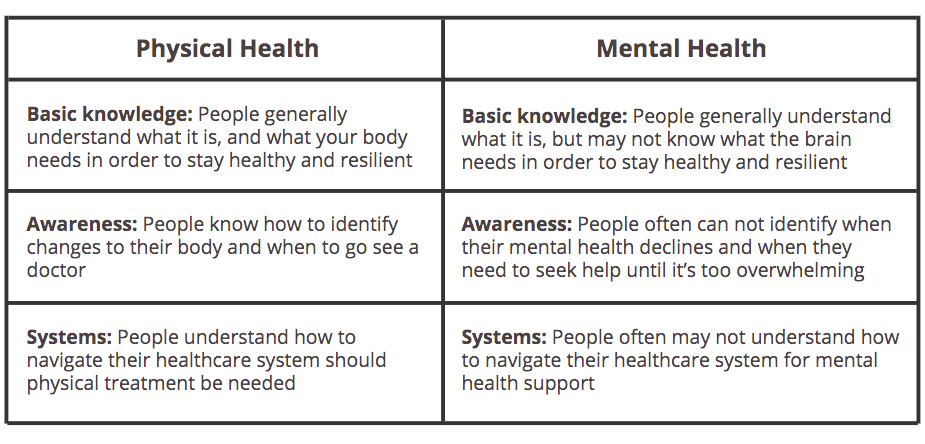Physical fitness and mental health are often viewed as two separate aspects of overall well-being. However, research has shown that there is a strong connection between the two. In fact, maintaining a regular exercise routine can have a significant impact on mental health, including reducing symptoms of anxiety and depression, improving cognitive function, and boosting overall mood.
Physical Exercise and Anxiety
Anxiety disorders are the most common mental health issue in the United States, affecting over 40 million adults every year. Fortunately, physical exercise has been shown to be a powerful tool in managing anxiety symptoms. When we engage in physical activity, our bodies release endorphins, which are known as the “feel-good” hormones. These endorphins help to reduce feelings of stress and anxiety, leading to a sense of calm and well-being.
In addition, regular exercise can help improve sleep quality, which is often disrupted in individuals with anxiety disorders. By promoting better sleep, exercise can further reduce anxiety symptoms and improve overall mental health.
Physical Exercise and Depression
Depression is another common mental health issue that can be alleviated through physical exercise. Like anxiety, depression is often characterized by low levels of feel-good neurotransmitters such as serotonin and dopamine. Exercise has been shown to increase levels of these neurotransmitters, leading to improved mood and reduced feelings of sadness and hopelessness.
Furthermore, physical exercise can help individuals with depression by providing a sense of accomplishment and purpose. Setting and achieving fitness goals can boost self-esteem and confidence, which are often lacking in individuals experiencing depression.
Physical Exercise and Cognitive Function
In addition to improving mental health, physical exercise has also been shown to have a positive impact on cognitive function. Regular exercise has been linked to improved memory, attention, and decision-making skills. This is because physical activity increases blood flow to the brain, delivering oxygen and nutrients that are essential for optimal brain function.
Furthermore, exercise has been shown to stimulate the production of neurotrophic factors, which are proteins that promote the growth and development of brain cells. This can lead to neuroplasticity, or the brain’s ability to adapt and rewire itself in response to new experiences and challenges.
Physical Exercise and Overall Mood
In addition to the specific benefits mentioned above, physical exercise can also have a general uplifting effect on mood. Many individuals report feeling more energized, motivated, and positive after engaging in a workout. This is likely due to a combination of factors, including the release of endorphins, the sense of accomplishment from completing a workout, and the increased self-confidence that comes from physical fitness.
Overall, the connection between physical fitness and mental health is clear. By incorporating regular exercise into your routine, you can improve your overall well-being, reduce symptoms of anxiety and depression, enhance cognitive function, and boost your mood. So lace up your sneakers, hit the gym, or go for a jog – your body and mind will thank you!







